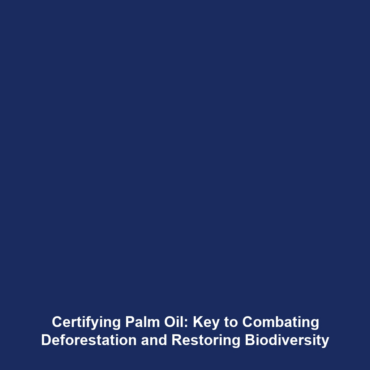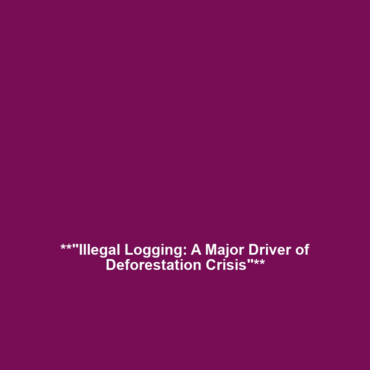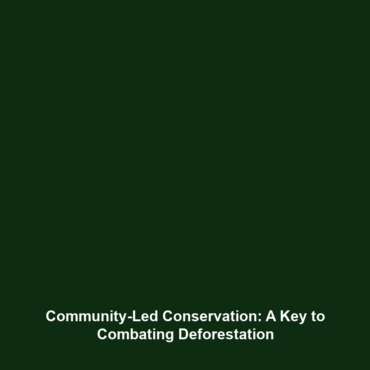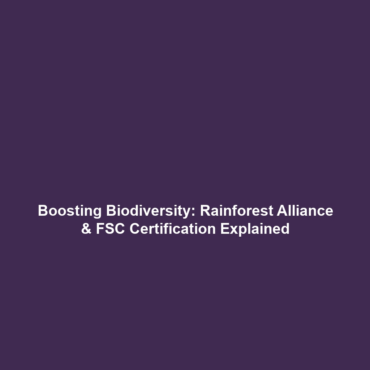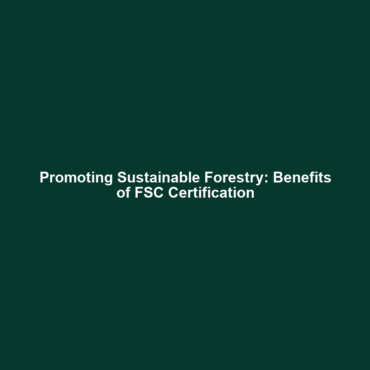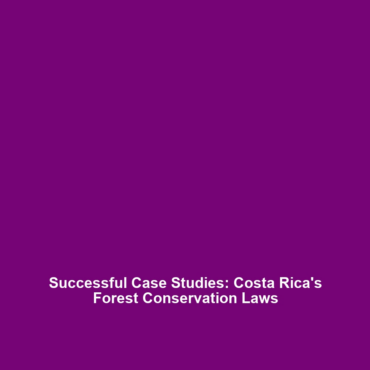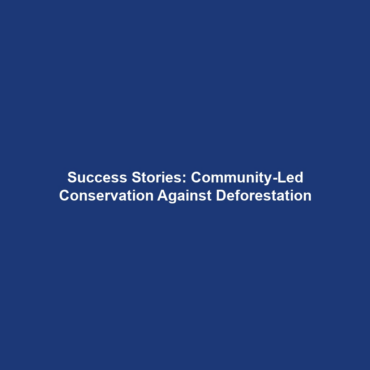Efforts to Curb Deforestation Through Palm Oil Certification and Reforestation Programs
Introduction
Efforts to curb deforestation in the region through palm oil certification and reforestation programs are critical in the fight against deforestation and biodiversity loss. These initiatives aim to balance the demand for palm oil, a significant agricultural commodity, with the urgent need to preserve forest ecosystems. As forests are essential for carbon storage, habitat preservation, and maintaining global biodiversity, such efforts are paramount for environmental sustainability and ecological integrity. Understanding these efforts is vital in addressing the pressing issues of deforestation and its impact on biodiversity.
Key Concepts
1. Palm Oil Certification
Palm oil certification involves setting standards that growers must meet to ensure sustainable practices. Certifications like the Roundtable on Sustainable Palm Oil (RSPO) aim to promote responsible oil palm cultivation while protecting natural habitats. Through these certifications, significant principles such as traceability, transparency, and social responsibility are emphasized.
2. Reforestation Programs
Reforestation programs focus on restoring degraded forests to their original state, thereby enhancing biodiversity and ecosystem services. These programs often involve the planting of native species to ensure that recovered areas can support wildlife and improve local climates. Together, these initiatives form a comprehensive approach to mitigating the effects of deforestation and biodiversity loss.
Applications and Real-World Uses
The applications of efforts to curb deforestation through palm oil certification and reforestation programs are manifold:
- How sustainable palm oil is used: By ensuring sustainably sourced palm oil, companies can reduce their environmental footprint and support local economies.
- Restoration efforts: Reforestation projects help restore lost habitats, benefiting both flora and fauna while improving air quality.
- Community engagement: Local communities can participate in certification processes, fostering economic development alongside environmental stewardship.
Current Challenges
Despite the potential benefits, several challenges constrain these efforts:
- Challenges of maintaining certification: Ensuring compliance with certification standards can be logistically and financially burdensome for smallholders.
- Issues in enforcement: Illegal logging and unregulated palm oil cultivation continue to pose challenges to sustainable practices.
- Lack of awareness: There is still a significant gap in knowledge about sustainable practices among consumers and producers alike.
Future Research and Innovations
The future of efforts to curb deforestation through palm oil certification and reforestation programs is ripe with potential for innovation:
- Technological advancements: Next-gen technologies such as satellite monitoring can enhance transparency in palm oil supply chains, ensuring better compliance with sustainability standards.
- Research on ecosystem restoration: Innovative methods in genetic research may aid the selection of more resilient plant species for reforestation efforts.
- Collaboration initiatives: Increased partnerships between NGOs, governments, and private sectors can amplify the reach and effectiveness of these programs.
Conclusion
In summary, efforts to curb deforestation through palm oil certification and reforestation programs are essential for addressing the broader issues of deforestation and biodiversity loss. These initiatives not only promote sustainable agricultural practices but also significantly contribute to the restoration of vital ecosystems. Stakeholders are encouraged to support sustainable palm oil practices and participate in reforestation efforts to foster a healthier environment. For more insights on related topics, explore our sustainability initiatives and biodiversity impact studies.
